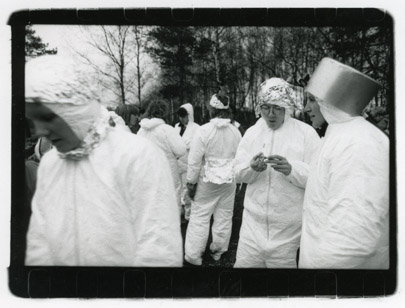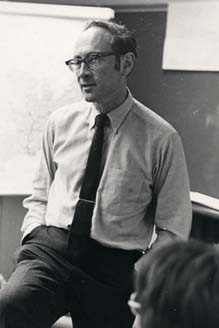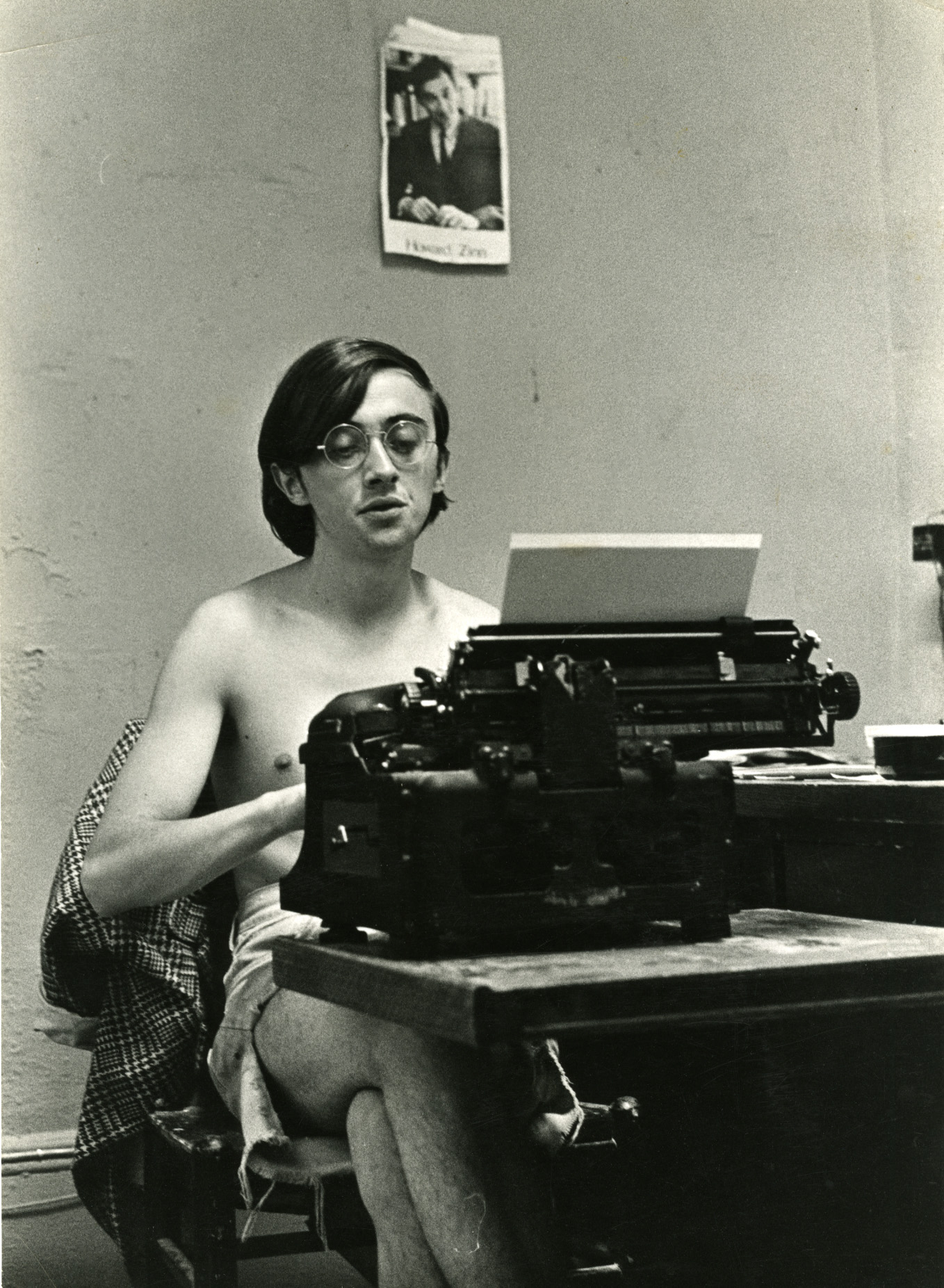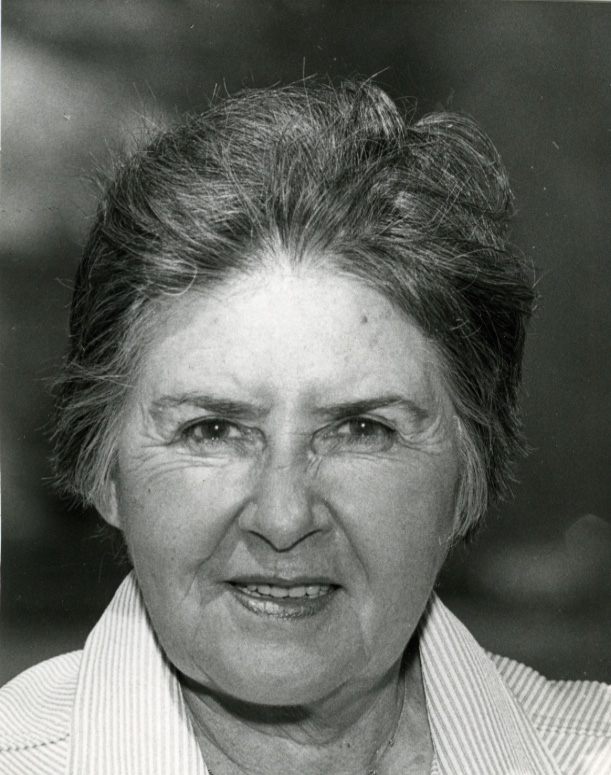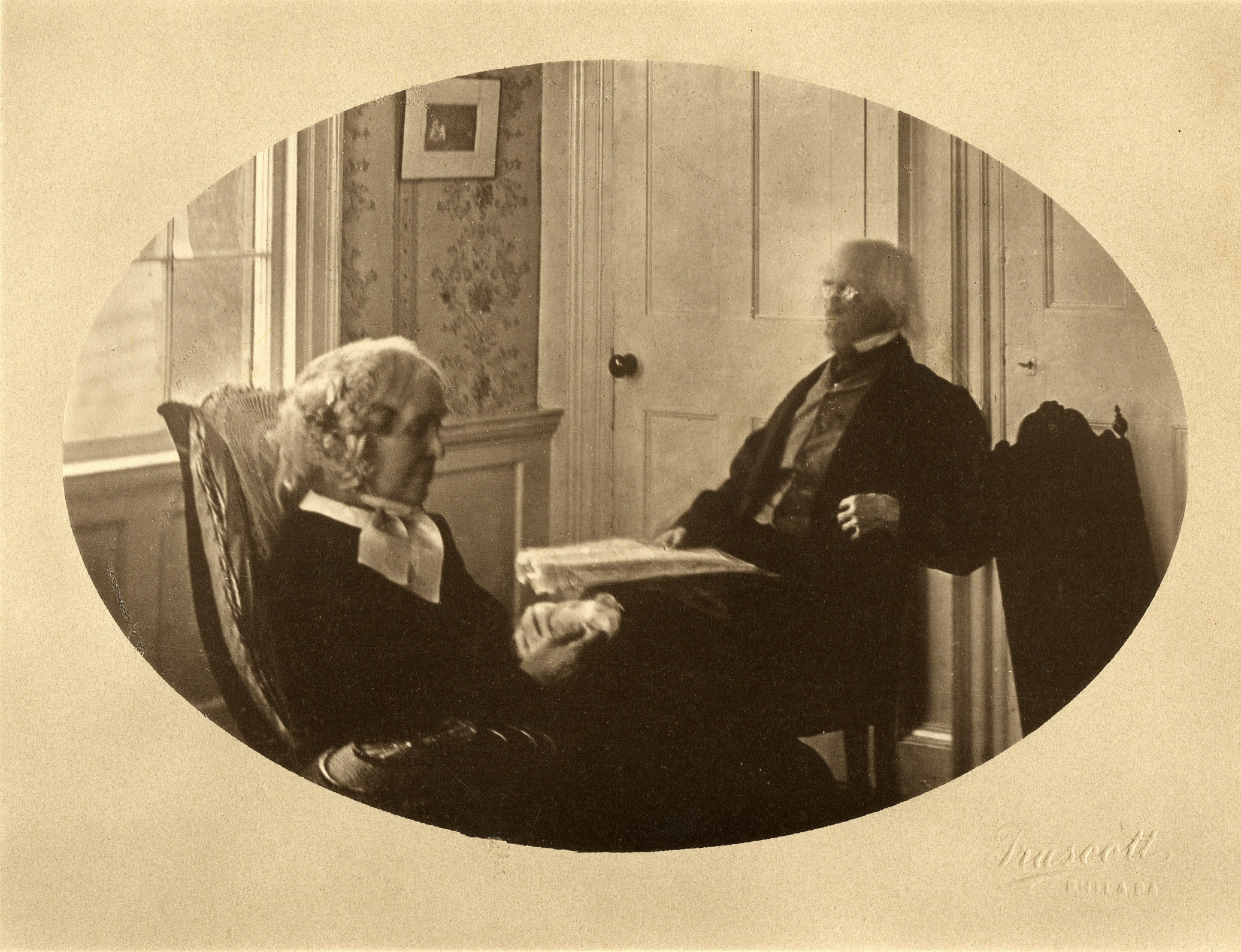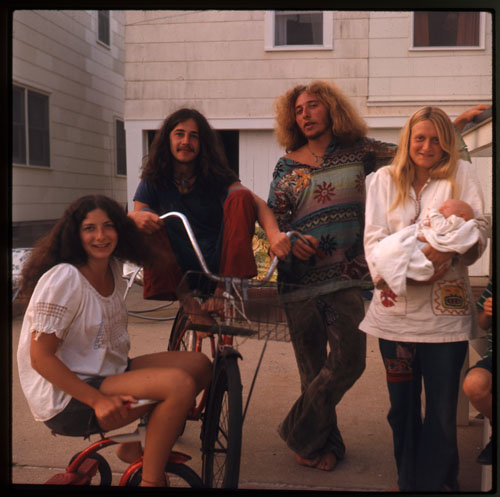Frederick Tillis Papers
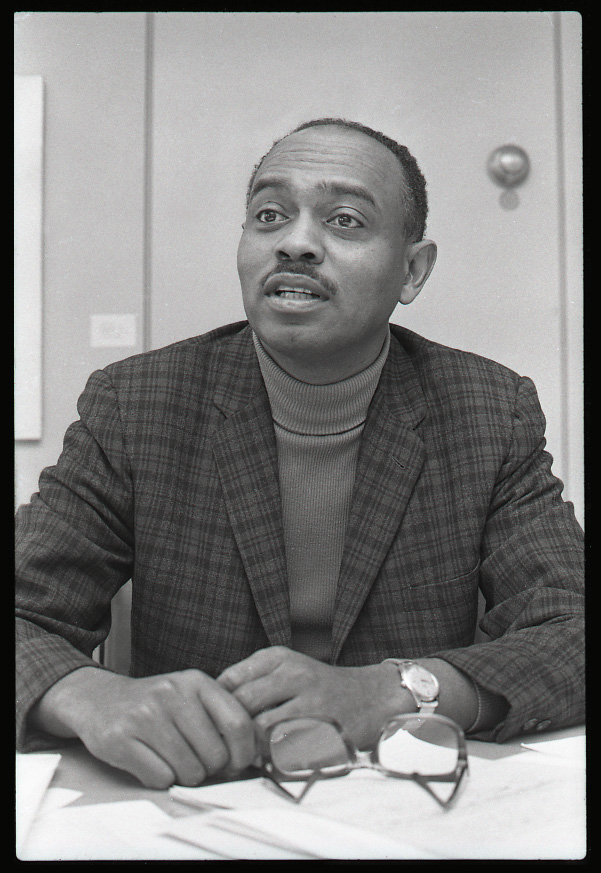
A composer, performer, poet, educator, and arts administrator, Fred Tillis was one of the major influences on the cultural life at UMass Amherst for forty years. Born in Galveston, Texas, in 1930, Tillis began playing jazz trumpet and saxophone even before his teens. A product of segregated schools, he graduated from Wiley College at the age of 19, and received his MA and PhD in music at the University of Iowa. As a performer and composer of unusual breadth, his work spans both the jazz and European traditions, and he has written for piano and voice, orchestra, choral pieces, chamber music, and in the African American spiritual tradition, drawing upon a wide range of cultural references. After teaching at Wiley, Grambling, and Kentucky State in the 1960s, Tillis was recruited to UMass in 1970 by his former adviser at Iowa, Philip Bezanson, to teach music composition and theory. Earning promotion to Professor in 1973, Tillis was appointed Director of the Fine Arts Center in 1978, helping to jump start some of the most successful arts initiatives the university has seen, including the the Afro American Music and Jazz program, the New World Theater, Augusta Savage Gallery, Asian Arts and Culture Program, and Jazz in July. Upon retirement from UMass in 1997, he was appointed Emeritus Director of the Fine Arts and remains active as a musician and poet.
The Tillis papers document an extraordinary career in the arts, focused on Fred Tillis’s work as a composer. Consisting primarily of musical scores along with an assortment of professional correspondence relating to his publishing and miscellaneous notes, the collection offers insight into the evolution of Tillis’s musical vision from the 1970s into the new millennium.

